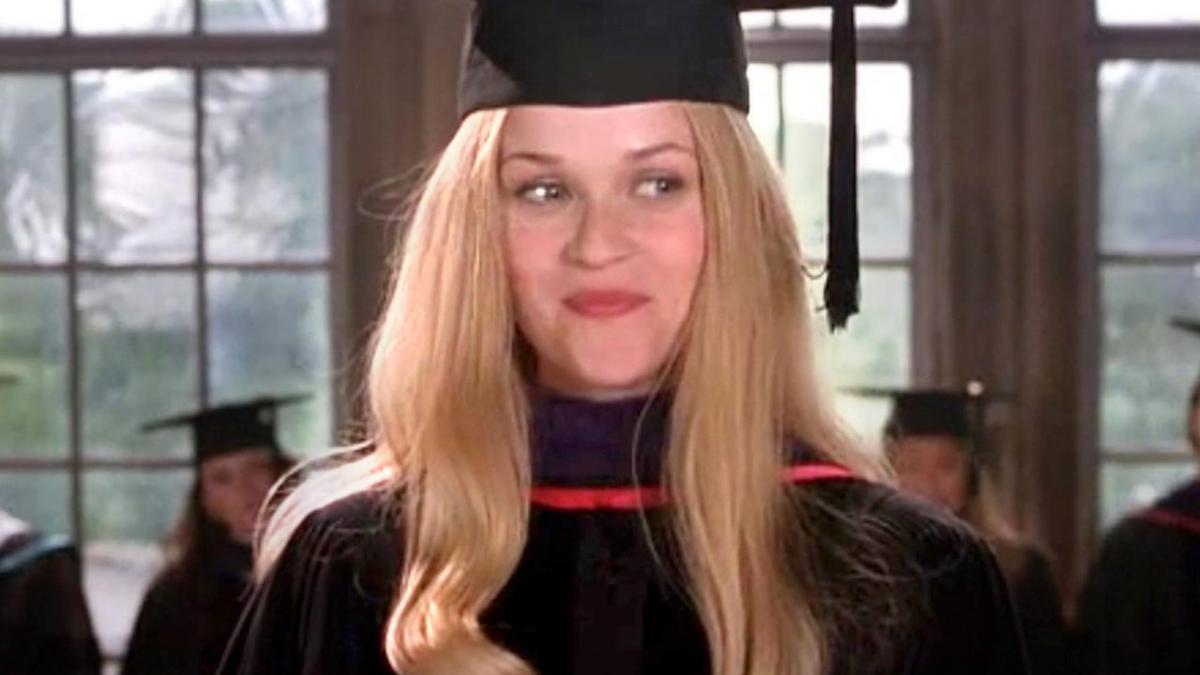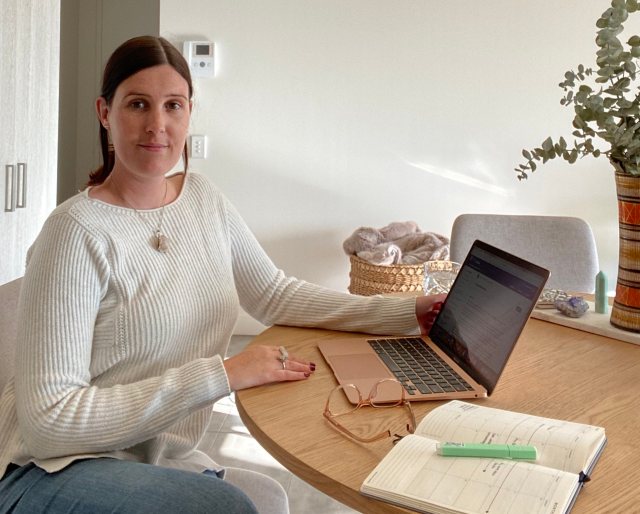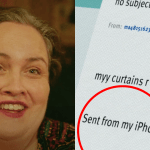
To degree, or not to degree, that is the question. Deciding whether to continue on to tertiary study after high school is one of the biggest decisions you’ll ever make. It’s a decision that’s thrust upon us when we are so young, so unsure of what the world actually is, how it works, or what our place in the grand scheme of it all even is.
Personally, going to uni is one of the best decisions I ever made — it’s what led me to be writing these words right now. But it wasn’t an easy call, and I definitely didn’t take a conventional route to my degree. But ultimately, I’m glad I did it.
Going to uni doesn’t need to take the traditional route. Sure, most people go straight after high school, or take a year to figure things out (like I did lol). But the ship has far from sailed if you miss these windows! The notion of tertiary study being tethered to a specific age is outdated – we live in modern times!
Once upon a time, you had the same job for 50 years then you retired in your comfy home you bought for like $1,000. These days, it’s normal to change careers, hell, it’s healthy to stay motivated, stay fresh, stay passionate, and continue to learn throughout your life.
But don’t take it from me, here are a few people who made the decision to go back to uni after entering the workforce and are still reaping the benefits.
Emily Morris – HR consultant (Bachelor of Business)

“Prior to undertaking my Bachelor of Business (Human Resources Management) I really saw a barrier to progressing in any organisation I worked in. I know society at large is now spruiking the rhetoric that going to university is a waste of money in a market that is oversaturated with graduates, but my personal experience proves otherwise. In this market, we are seeing employers struggle to attract and retain people with the required qualifications for the role, and if you take a look at Deloitte and KPMG, university graduate salaries are at an all-time high.
I think people doubt their own ability and think only the Stephen Hawking types go to Uni. Universities are extremely supportive, and in the first year, they hold your hand to ensure you are set up for success. One of the biggest life lessons I learned from uni is you have to work hard today, for what you want tomorrow.
One piece of advice, I would say, don’t just study for studying sake. Do your research, ensure a degree is required for your dream job, and look at sites like JobOutlook to ensure there is demand for that job now and job growth prospects in the future. Ultimately, look at university just like purchasing an investment, is it going to pay dividends? If the answer is no, maybe go back to the drawing board.”
Joan Khoo – Data insights (Bachelor of Data Analytics)

“I had a very serious medical incident in 2018. So while I spent months recovering, I realised that I didn’t love my job but I loved data and systems. So I did a lot of research before choosing UniSA Online because I could fit it into my life with a young family and full time work.
When I made it known to my current employers that I’m going back to uni to study data analytics, I think it sparked an idea because within the year, I was offered a different role that is more aligned with my interest and what I would be learning. I’m not where I want to be but it did give me and my current employer the spark to pivot me into a role that could give me work experience and give my employer an opportunity to mine their existing data without the risk of hiring.
The courses I’ve done have given me some of the tools to do data analysis in my new role. It has given me a wider lens to see how I could apply my new skills in the workforce and also the opportunity to use it for my personal interests.
I think what I’d say to someone on the fence about studying at uni is: try to imagine yourself in three to six years, and if you are still doing what you are doing today, is that image attractive or repulsive to you? If the idea of Future-You staying the same is repulsive, it may be time to evaluate where you want to be and how to get there, because three to six years will pass whether you like it or not. You might as well spend that three to six years getting to where you want to be even if it’s a more difficult journey.”
Katie Harris – Higher education sector (Bachelor of Communication)

“My degree prepared me for my career by bringing real-world problems and experiences into our coursework. From working with government bodies on real issues in assignments to researching industry case studies, our work was grounded in society. It made a real difference to see how my career could make an impact on people’s lives.
A uni education is important – it increases your earning potential, teaches you invaluable skills and provides you with a space to think creatively and innovatively. I had a tertiary diploma before I started my degree, and that combined with my work experience made me feel like I was upskilling and building on information I already had – which is less daunting to me.
I had lots of doubts at different stages of my uni journey! When I started my degree, I had a toddler and was working full-time, so I was constantly striving for that work-life balance. There were a few times I wanted to quit, but I had a good support network behind me and I found the motivation to keep going.
I took it a day — or a unit — at a time, never worrying about when I would finish, but focusing on building that important knowledge and skill set. That’s the beauty of online learning, it allows you to take time out or increase your study load as needed.
There’s a common misconception that there’s only one way to go to uni. There are lots of different pathways into university that aren’t necessarily straight from school and fully on campus. University education should be flexible and place the student at the centre of the experience. There’s also no ‘one university student’ or experience – everyone is different and a uni education should be available to all.
Critical thinking is the biggest skill that my degree taught me. I use analytical thinking in my everyday work without even realising it – when I’m working on difficult problems or just thinking creatively. Other skills include communication in different formats – online, formal reports, as well as tech skills, like how to communicate online and how to build a webpage. The diversity of skills and opportunities was what attracted me to the degree in the first place.”
Interested in upskilling? Check out UniSA Online’s website for information on finding the right course for you. The Bachelor of Digital Business is particularly suited to people looking to upskill later in life to prep for the business skills needed for a rapidly ever-changing world.



